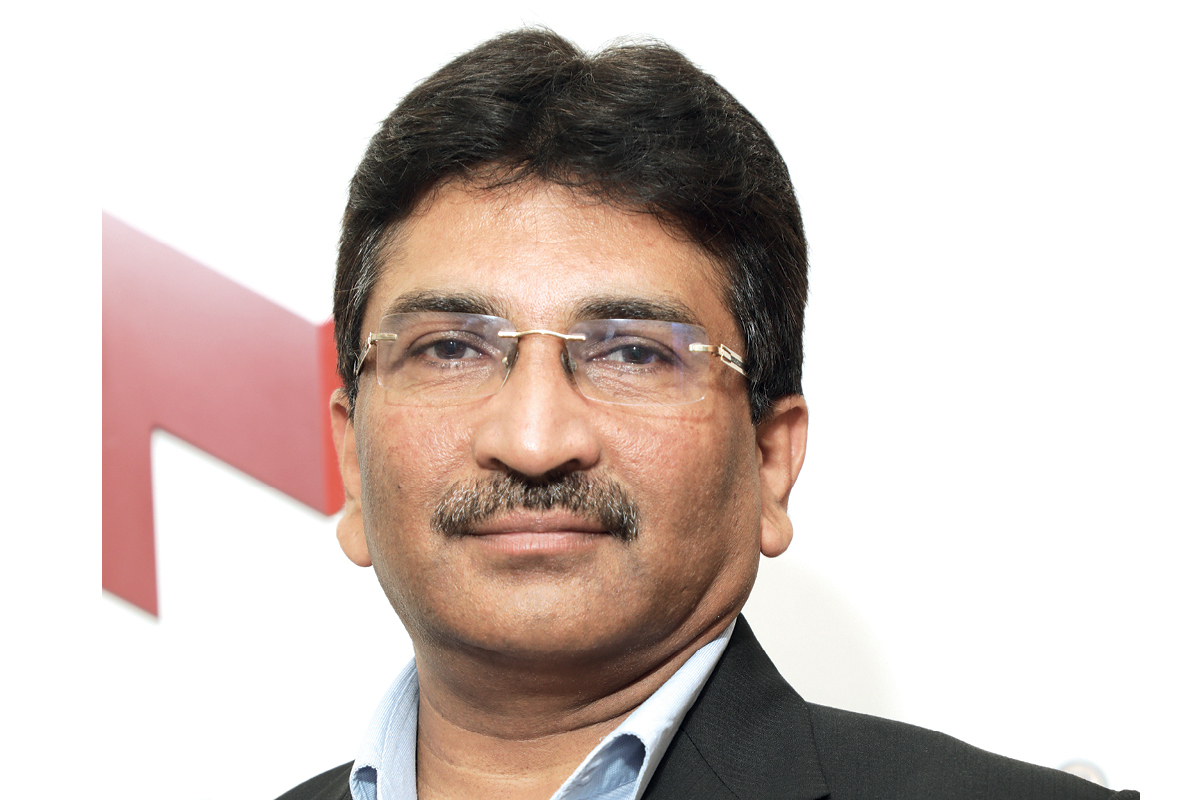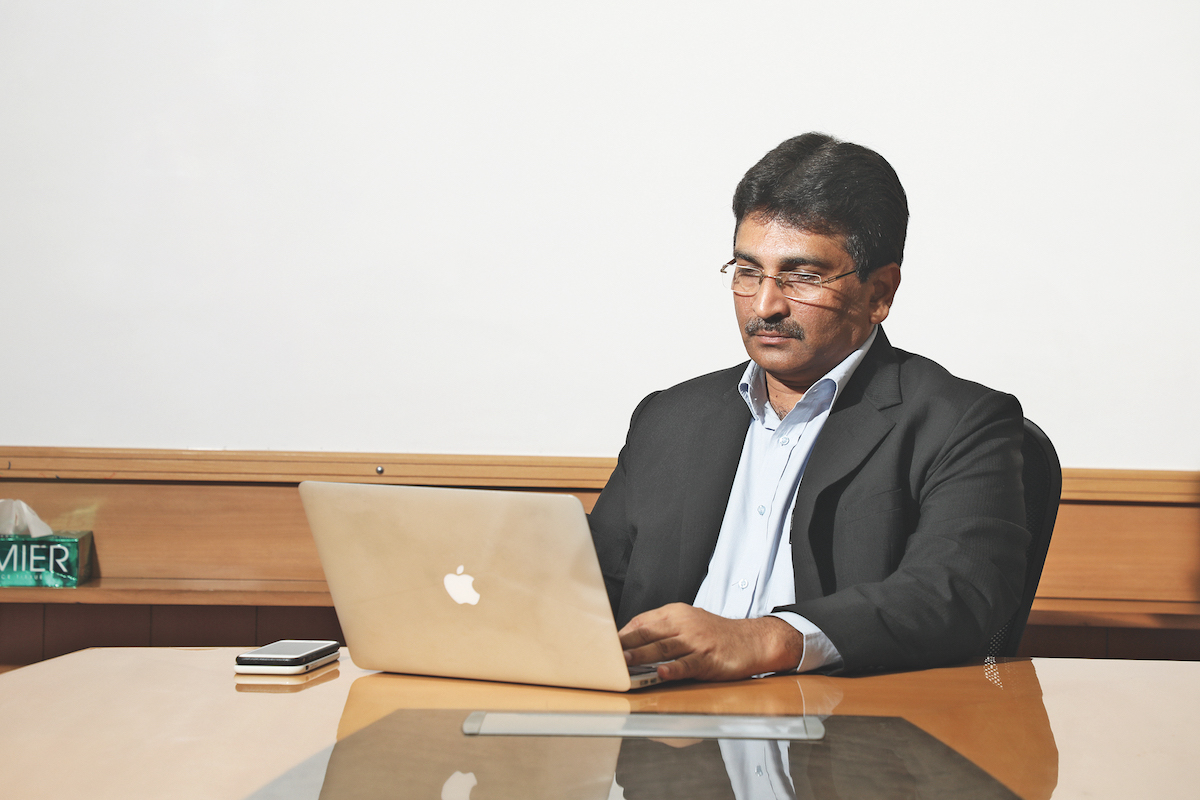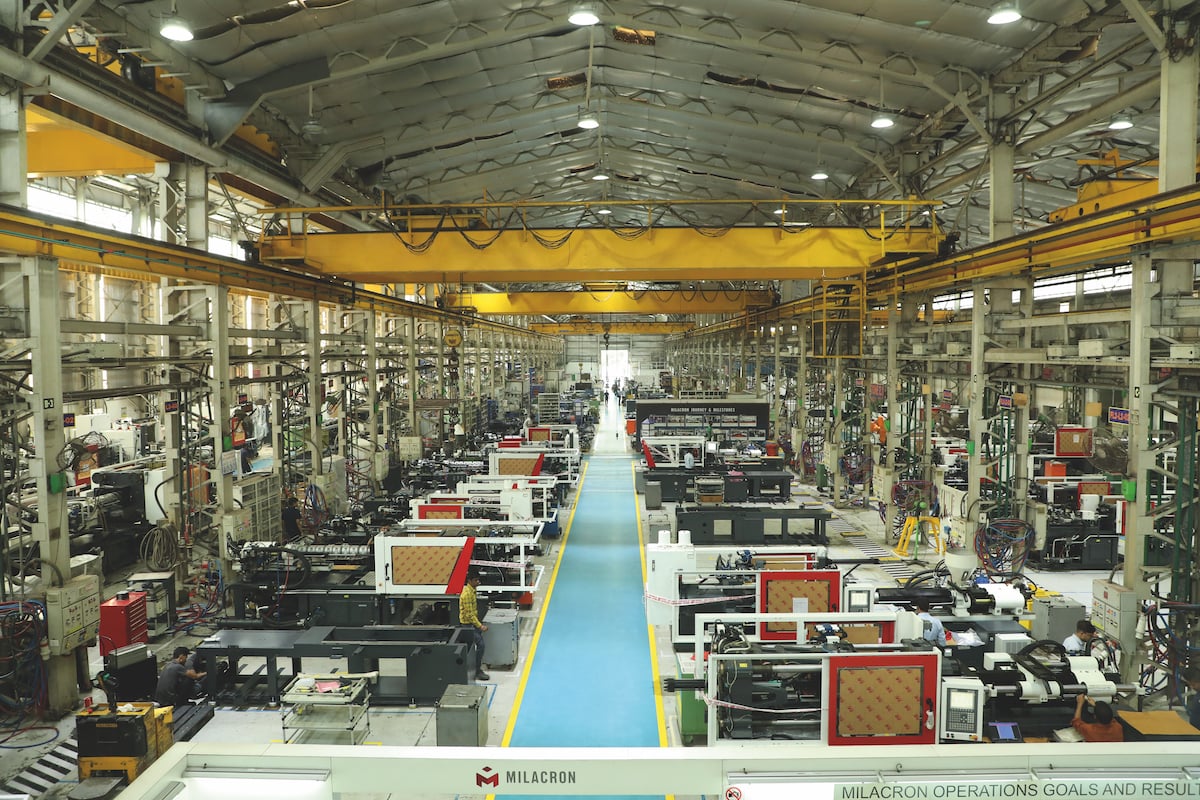As employee number one, Shirish Divgi has held a variety of leadership roles at Milacron India. In the first, Head of Design and Development, he oversaw the technology transfer between its American parent company and the new Indian manufacturing facility.

Other key positions, including Head of Manufacturing, followed, as well as a stint in sales to appreciate a different perspective: “That of the customer and the end applications,” he explains. In 2010, he became Managing Director for India, a role which was expanded to cover all of its Asian operations in 2017.
On that first day at work back in 1996, Shirish would be joined by a core group that now forms his senior team. “Great teamwork is the whole story of our success,” he explains. “We have developed a very strong team – in technical terms as well as systems- and customer-orientation – which has really given us growth over the years.”
Today, with 15 offices in India and a market share approaching 30%, the company is the leader in its field. Its portfolio of products includes Injection Molding machines, Low Pressure Injection Molding (LPIM) machines and Extrusion Systems, which serve a variety of industries, from automotive to electrical and electronics, packaging, construction and beyond.
“We have an absolutely state-of-the-art manufacturing facility here, including in-house part manufacturing. It’s one of a kind in the country, both dust-controlled and Industry 4.0 compliant,” he adds.
Until recently, sales have been restricted to the domestic market and, as Shirish talks, his enthusiasm for the short-to-mid-term potential is evident. “The last few years have brought great opportunities for the Indian team, not only in terms of manufacturing but also in terms of leading on the technology front,” he explains.

As a result, a huge expansion is planned. “In three years, our manufacturing capacity will grow from 2,000 units a year, our current output, to 5,000 machines a year,” he explains.
“We have already started shipping our machines to our parent company in the US and we have also started exporting to Europe. But it’s just the beginning. We want to cater to this market in large numbers,” Shirish says.
This is despite a downturn in the automotive industry, a market that has, historically, accounted for as much as 35% of Milacron’s sales. “Fortunately, we are in a business where our products go into several applications and when you make the effort to visit and talk to your customers, you learn that there are many other opportunities for growth,” he says.
Agriculture, especially pipes and fittings for irrigation-related projects, and toys are two particular sectors he identifies. “When a market slows down, the opportunities are still there, but it’s our job to find out where to shift the focus at the right time.”
“When a market slows down, the opportunities are still there, but it’s our job to find out where to shift the focus at the right time.”
It’s also the perfect time to conduct what he refers to as a “health check” inside the organisation. “We are completely focused on inventories, processes, waste reductions and cost reductions. This is the time for us to get healthy inside the organisation and to get prepared for the next growth phase.”
From new product development to lead time production and quality improvements, Shirish emphasises that any action the company takes is done with its customers at the fore. It is this customer-centricity, he says, which gives it a leading edge in the market.

“We try to understand the customer and the way they want to have the solution,” he explains. “We don’t go to the customer selling our catalogue of products. First, we ask how we can solve their problem or help their business grow. That’s a big difference.”
He adds that confidence has also generated new and repeat business. “We place a lot of emphasis on developing trust with our customers,” he says. “Overcommitting or not delivering what we’ve promised is a big no-no in our organisation; be it at my level or at a service engineer’s level.”
As Milacron has grown (its compound annual growth rate is 15%, he says), it has never lost sight of the customer needs. “We have always been a strong systems-oriented company and I think that also differentiates us from the competition. As businesses get bigger, there is a tendency to overlook customer needs. Systems and people resolve many areas of customer dissatisfaction,” he says.
In a country that is widely regarded to have no shortage of talent, what is often the challenge is finding the right person for the right role. Shirish explains that, at Milacron, this is overcome by “really looking at a candidate’s knowledge, experience and attitude”.
The latter, he continues, is a characteristic that is extensively checked before a job offer is made. “Once an employee is part of Milacron, we spend a lot on training and skill development.” A focus on growth aspirations is something he says is crucial in both talent acquisition and retention.
In a changing marketplace, where customer expectations include faster lead times, competitive pricing and world-class manufacturing quality, he explains the value of its people really comes to the fore. “A professional, technically qualified and experienced team is crucial to approaching the demands from the market,” he explains.
The future may be bright, but decades of experience have taught Shirish that there will always be challenges. “Continuous improvement and a passion to excel will take us on a winning path,” he says. “Slowdowns should not bother us. There are many opportunities; we simply need to ensure that we find them and work with a lot of passion and commitment,” he concludes.
Proudly supported by:



